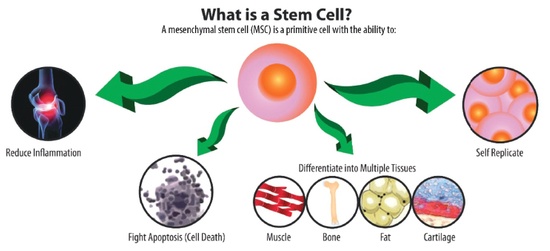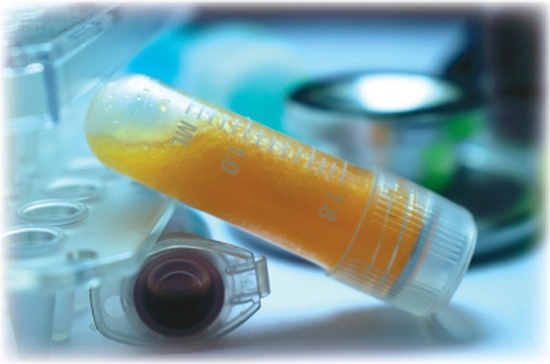Regenerative Medicine Treating Injuries the Natural Way
Regenerative medicine is a game-changing area of medicine with the potential to fully heal damaged tissues, offering solutions and hope for people who have conditions that were once thought to be beyond repair.
Stem cells are the basic cellular building blocks of the bodies tissues and vital organs. They are found in the body’s organs, tissues, blood and immune system. They have the ability to regenerate into additional stem cells or differentiate into specialized cells, such as nerve or blood cells. This remarkable ability makes them invaluable in medical treatments. When injected into a patient’s body, stem cells can repair or replace the patient’s damaged or diseased cells, improve health and even save life. With nearly a third of the US suffering from chronic pain and over a million patients a year having joint replacements, affordable stem cell therapy brings a welcome and viable alternative to the non-reversible trauma of surgery and a non-invasive drug-free treatment method for many internal medical conditions.


